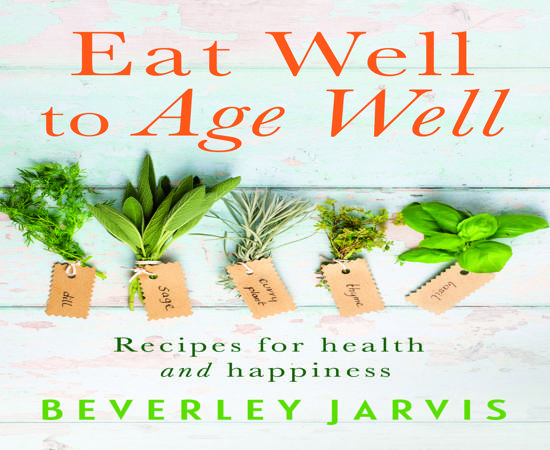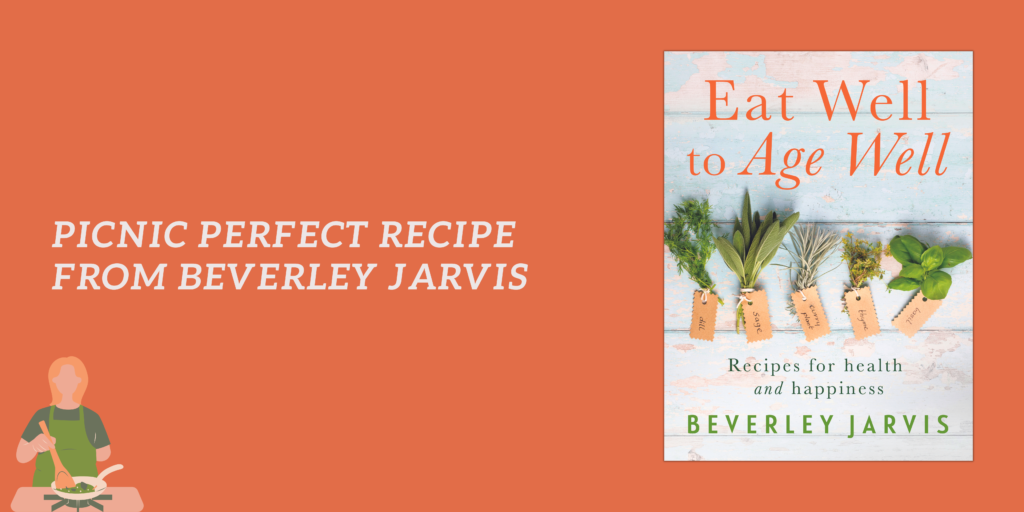Eat Well to Age Well: A Guide to Healthy Aging
As we journey through life, one of our main goals is to age gracefully and maintain a good quality of life for as long as possible. While genetics and lifestyle choices play a significant role in the aging process, one key factor that can greatly impact how we age is our diet. The phrase “Eat Well to Age Well” is not just a saying but a mantra that holds a great deal of truth when it comes to maintaining our health and vitality as we grow older.
The Benefits of Eating Well as You Age
Adopting a healthy and balanced diet as part of your lifestyle can have numerous benefits as you age:
- Improved overall health and wellbeing
- Enhanced immune function
- Lower risk of chronic diseases such as heart disease, diabetes, and certain cancers
- Increased energy levels and improved mood
- Better weight management and metabolism
- Support for brain health and cognitive function
- Stronger bones and muscles
Frequently Asked Questions About Eating Well to Age Well
1. What does it mean to “eat well”?
“Eating well” refers to consuming a variety of nutrient-dense foods from all food groups, including fruits, vegetables, whole grains, lean proteins, and healthy fats, while limiting the intake of processed and sugary foods.
2. How can I start eating well to age well?
You can start by incorporating more whole, unprocessed foods into your diet, staying hydrated, and paying attention to portion sizes. Consulting with a nutritionist or dietitian can also provide personalized guidance.
3. Are there specific foods that are known to promote healthy aging?
Foods rich in antioxidants, omega-3 fatty acids, fiber, vitamins, and minerals are particularly beneficial for healthy aging. Examples include berries, fatty fish, nuts, seeds, leafy greens, and whole grains.
4. How does eating well contribute to age-related disease prevention?
A nutrient-rich diet can help reduce inflammation, oxidative stress, and other factors that contribute to age-related diseases. By supporting your body with essential nutrients, you can help maintain your health and resilience as you age.
5. Can supplements replace a healthy diet when it comes to aging well?
While supplements can be beneficial in certain cases, they are not a substitute for a balanced diet. It’s important to prioritize real, whole foods to ensure you are getting a wide range of nutrients that work synergistically to support your health.
Conclusion
Choosing to eat well to age well is a proactive and empowering step you can take toward a healthier and more vibrant future. By nourishing your body with the right foods and nutrients, you are investing in your long-term health and vitality. Remember, it’s never too late to start making positive changes to support your aging journey.


